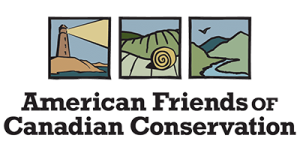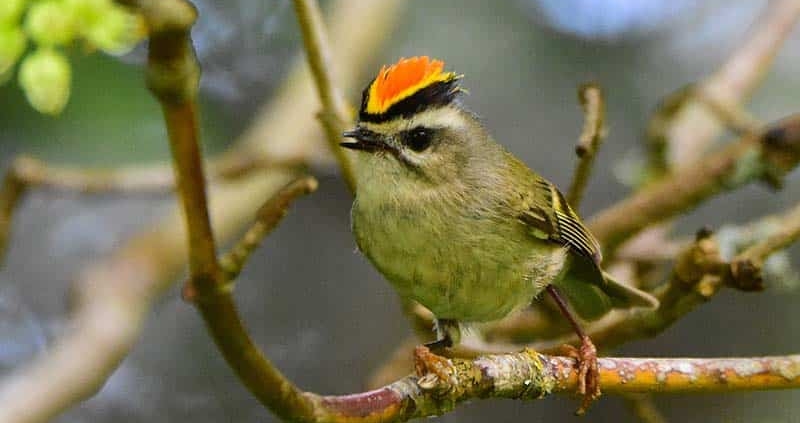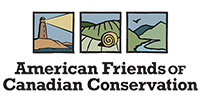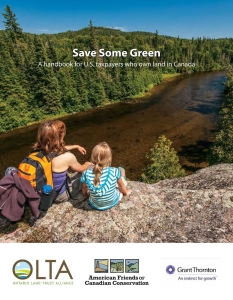Conservation without Borders – A new initiative in British Columbia
Beautiful, bountiful and balmy British Columbia (BC) has been a magnet for Canadians and Americans alike. Ecosystems, watersheds, wildlife corridors and Indigenous cultures extended on both sides of the 49th parallel north that now divides our two countries. Businesses including timber, shipping, fishing and tourism were relatively borderless, until recently. As a consequence of this interwoven history, US taxpayers own extensive acreage in BC. For example, data from the Islands Trust, the planning entity for the Southern Gulf Islands, indicates that approximately 30% of the private lands are American-owned.
BC land trusts working in some of the province’s most ecologically-significant and scenic landscapes recognize that US taxpayers own high priority conservation properties. In response, the Land Trust Alliance of British Columbia and American Friends of Canadian Conservation (American Friends) launched the Conservation without Borders program. We are grateful to the McLean Foundation and Vancouver Foundation for providing core funding for this new initiative.
Our overarching goal is to increase the capacity of BC conservation organizations to secure important properties owned wholly or partly by US taxpayers – referred to as “cross-border conservation.” We will achieve that goal by ensuring that LTABC members know how US and Canadian income tax benefits make gifts of land financially attractive for U.S. owners. Conservation can be an important estate-planning tool!
In the first phase of Conservation without Borders, LTABC and American Friends will be working with land trusts to:
- assess the opportunities for cross-border conservation
- determine how best to support organizations serving areas with high levels of American ownership
- provide resources and education for these organizations, and
- create a framework and budget for a multi-year program, if we learn that LTABC members feel it would be valuable.
Two BC cross-border transactions – one on Mayne Island, the other on Gabriola Island – offer a glimpse into the potential impact and benefits from our Conservation without Borders program.
We are building on the excellent groundwork developed through a similar program in Ontario that concluded at the end of 2018, after three productive years. One product was Save Some Green: a handbook for US taxpayers who own land in Canada which is the single best resource for anyone interested in cross-border conservation incentives. LTABC and American Friends will be creating BC versions of some of the Ontario materials while also implementing new approaches based on lessons learned.
If our work and outreach during Phase I reveal that there is strong interest on the part of BC land trusts, and opportunities for important conservation outcomes, LTABC and American Friends will initiate additional phases of Conservation Without Borders.
For more information on the program, how to participate or to donate to help the partnership and cross-border conservation, contact Sandra Tassel, American Friends’ Program Coordinator, sandra.tassel@conservecanada.org or Paul McNair, Executive Director, LTABC, paul@ltabc.ca





